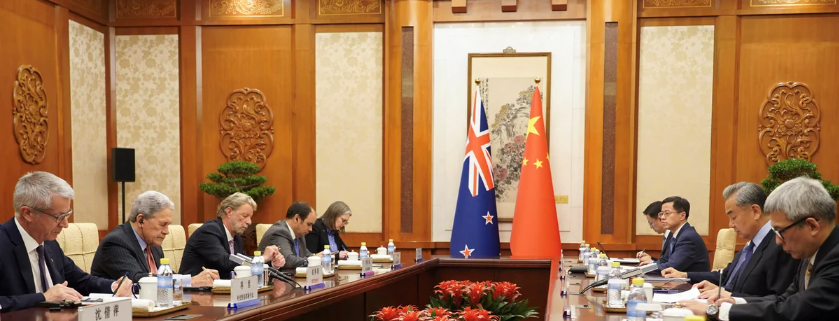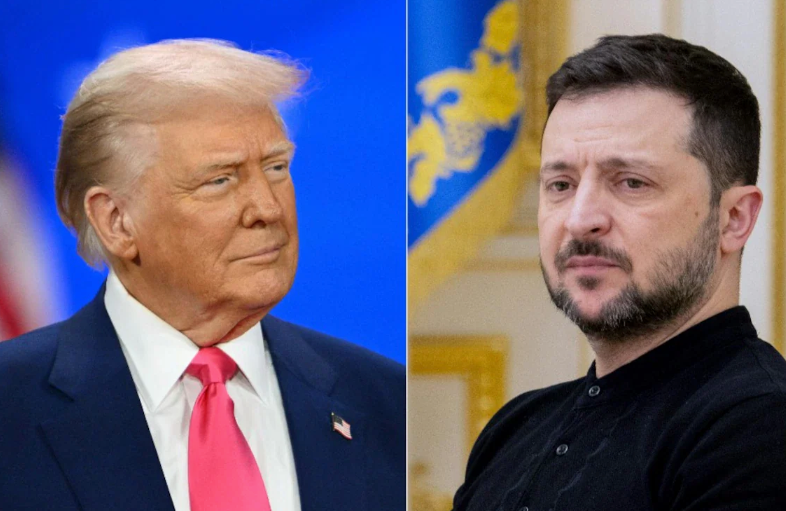
Iran’s deputy foreign minister has warned the United States that no new talks can happen unless it rules out further military strikes. In an interview with the BBC, Majid Takht-Ravanchi made it clear that trust must be rebuilt before diplomacy resumes. His remarks come after a deadly exchange of missile strikes involving Israel, Iran, and the US earlier this month.
Takht-Ravanchi revealed that the Trump administration sent messages through mediators expressing interest in returning to negotiations. But Iran has not received clarity on what it views as a key question: whether Washington plans to stop its military actions while talks take place. Without that guarantee, Iran says meaningful dialogue is impossible.
On June 21, the US bombed three of Iran’s nuclear sites — Fordo, Natanz, and Isfahan — joining a conflict that started days earlier when Israel struck Iranian nuclear facilities. Iran responded with missile attacks on Israeli targets. Now, Tehran insists the US must show restraint if it truly wants diplomatic progress.
Takht-Ravanchi said, “You cannot call for talks while dropping bombs at the same time.” He stressed that Iran wants peace, but it will not negotiate under the threat of force. He also defended Iran’s uranium enrichment programme, repeating that it is for peaceful use. According to him, Iran has been denied access to nuclear material and must rely on its own resources.
He added, “We can talk about the level or the capacity of enrichment, but demanding zero enrichment under threat of bombing — that’s not negotiation. That’s the law of the jungle.”
The International Atomic Energy Agency (IAEA) confirmed serious but not total damage to Iran’s nuclear sites. While US President Donald Trump claimed the sites were “totally obliterated,” IAEA chief Rafael Grossi noted Iran could resume enrichment within months.
Iran’s parliament has since voted to suspend cooperation with the IAEA, accusing the agency of siding with the US and Israel. This move may further complicate any future deal.
Under the 2015 nuclear deal, Iran was limited to enriching uranium to just 3.67% purity. But after Trump withdrew from the deal in 2018 and reimposed sanctions, Iran began breaking those limits. By 2021, it was enriching uranium up to 60% — just a short technical step from weapons-grade, which requires 90%.
Despite Western concerns, Takht-Ravanchi said Iran has no plans to build a bomb. He argued that Iran has always followed peaceful nuclear goals, and any suggestion otherwise is political. Asked whether Iran would consider giving up high-level enrichment in return for sanctions relief, he replied, “Why should we agree to such a proposal?”
He also criticised Western leaders for supporting Israeli and US strikes. He said it’s “ridiculous” for European governments to justify military aggression while questioning Iran’s right to defend itself. He added, “If they cannot criticise America, they should stay silent rather than back the attacks.”
Takht-Ravanchi confirmed that the US had sent messages saying it does not seek regime change in Iran. Trump said recently he does not want to target Iran’s Supreme Leader, Ayatollah Ali Khamenei. This came after Israeli Prime Minister Benjamin Netanyahu encouraged Iranians to rise up against their leaders. But the Iranian diplomat dismissed such efforts as “futile,” saying Iranians may criticise their government but will always unite against foreign aggression.
As for the current ceasefire with Israel, Iran says it is holding, but could collapse at any time. Takht-Ravanchi said Iran will respect the truce “as long as there is no military attack against us.”
He also praised Arab countries, especially Qatar, for working to create the right atmosphere for peace. But he warned that Iran will remain alert. “We do not want war,” he said. “We want dialogue and diplomacy. But we must be prepared, not to be surprised again.”
The message from Tehran is clear. If the US wants to talk, it must stop attacking. Trust cannot grow under fire. And without trust, no deal will survive.


































